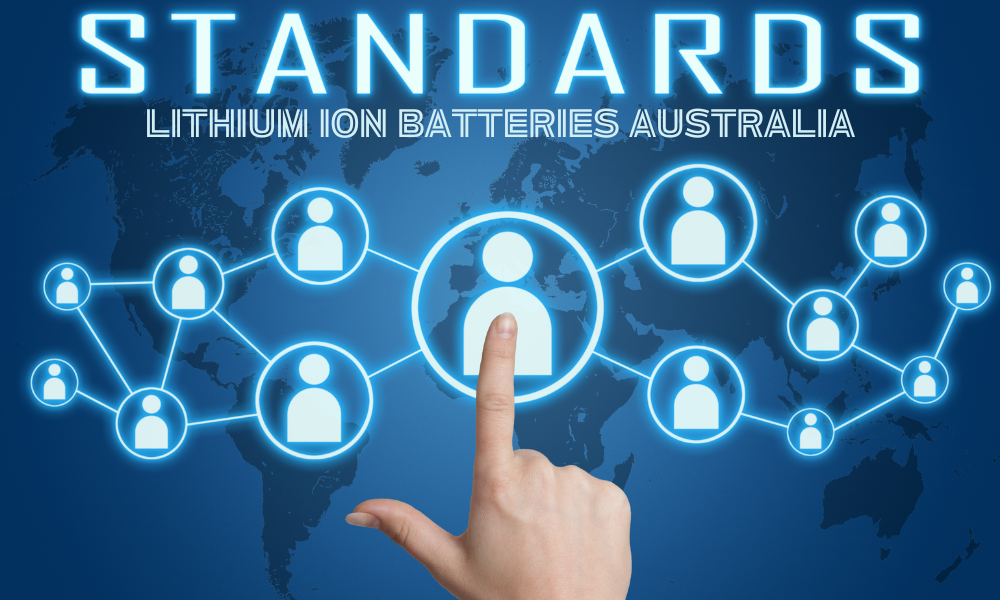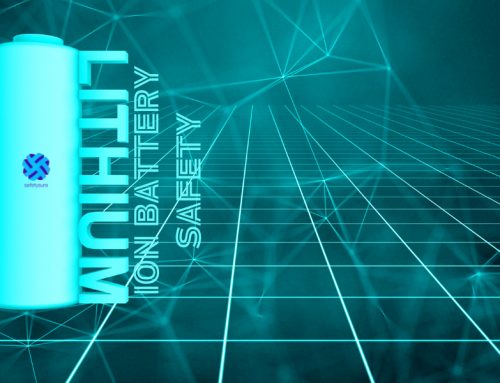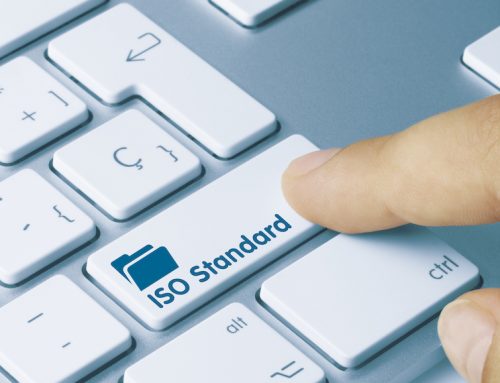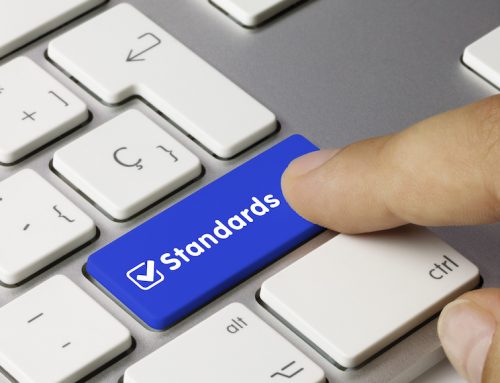Ensuring the safety and reliability of lithium-ion batteries across various applications is paramount, particularly in light of their critical role in modern technology and energy solutions. A suite of international and regional standards have been established in Australia to guide manufacturers, transporters, and users in maintaining high safety levels for these energy storage devices. Among these, the UN 38.3 standard is a key regulatory requirement for the transportation of lithium-ion batteries, vital for air transport compliance and global market access.
The IEC 62133-2:2017+AMD1:2021 standard specifies the safety requirements for portable lithium cells and batteries, focusing on their safe operation under normal and misuse conditions. In Australia and New Zealand, standards such as AS/NZS 5139-2019 and AS/NZS 60335.1:2022 set forth the safety guidelines for battery systems used with power conversion equipment and household appliances, respectively. Together, these standards form a comprehensive framework to address the safety aspects of lithium-ion batteries, from individual cells to complex battery systems, ensuring protection against hazards and promoting confidence in their widespread use.
- UN 38.3: Transportation Testing for Lithium Batteries and Cells
- Scope: Mandatory for the transportation of lithium-ion (Li-ion) batteries, ensuring safety whether they are shipped on their own or installed in a device. It is a crucial standard for the air transport of Li-ion batteries, referenced in the ADG Code.
- Relevance: Ensures Li-ion batteries meet safety criteria for global market access via air transport. The standard’s tests apply to batteries and cells, though it seems suppliers may focus on cell-level compliance rather than battery assembly.
- Included: Li-ion batteries for transport, either standalone or in a device.
- IEC 62133-2:2017+AMD1:2021
- Scope: Lays down safety requirements for portable sealed secondary lithium cells and batteries used in portable applications, covering intended use and foreseeable misuse.
- Relevance: Focuses on the safety at the cell level rather than system integration and is referenced in the Energy Safe Victoria guidance for low-voltage products.
- Included: Portable Li-ion batteries commonly found in consumer electronics.
- AS/NZS 5139-2019 Electrical installations – Safety of battery systems for use with power conversion equipment
- Scope: Details general safety and installation requirements for battery energy storage systems, particularly those installed in specific locations and connected with power conversion equipment.
- Relevance: Voluntary standard aimed at ensuring safe installation and operation of battery storage systems.
- Included: Battery energy storage systems.
- AS/NZS 60335.1:2022 Household, and similar electric appliances – Safety general requirements
- Scope: Applicable to a broad range of electrical appliances for household and similar uses, including those powered by rechargeable batteries, with a rated voltage of up to 250 Volts for single-phase and 480 Volts for other appliances.
- Relevance: Provides comprehensive safety requirements to protect users from potential hazards, significant for manufacturers, designers, regulatory bodies, and testing laboratories.
- Included: Various household electrical appliances when powered by rechargeable batteries (e.g., toasters, blenders, coffee grinders).
These standards are vital for maintaining safety and regulatory compliance in the manufacturing, transportation, and use of Li-ion batteries and associated appliances, reflecting the increasing emphasis on safety in the battery industry.
You might like to read our article on the Safety Performance of Lithium Ion Batteries or the Causes of Fire
Disclaimer: The information provided is for general informational purposes only. While efforts have been made to ensure the accuracy and reliability of the content, it is not intended as a substitute for professional advice, legal consultation, or thorough compliance checks with regard to the standards mentioned. Always consult with a professional or the relevant authorities for specific advice tailored to your situation and compliance requirements. Safetysure does not assume any legal liability or responsibility for the accuracy, completeness, or usefulness of any information disclosed or for any damages arising from its use.






Leave A Comment